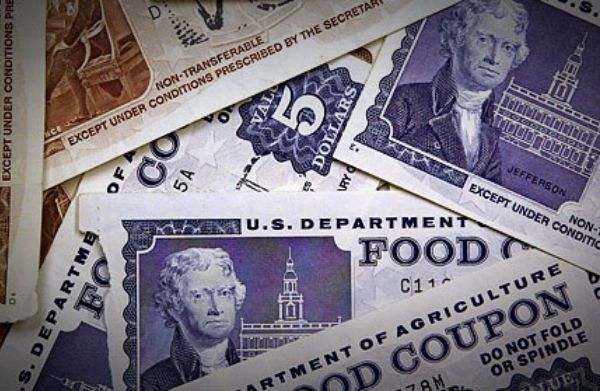Headline of the Day (so far):
A Miracle Happened Last Week in Washington: Congress Failed to Mulct the Citizenry
–Forbes magazine
The miracle was the failure of the Farm Bill, an unholy amalgam of handouts for farmers and food stamp recipients. Doug Bandow writes below this headline:
Washington’s governing elite is agog over the GOP farm debacle. No one was surprised when special interests sought to pick the public’s pocket. But no one expected them to fail.
Calling the Farm Bill "a looting expedition," Bandow explains that it is roughly 80 percent general welfare (Food Stamps, officially called the Supplemental Nutrition Assistance Program) and 20 percent farm welfare (agricultural price supports). I've written on Food Stamps within the last few days.
As for farm subsidies, they are just as bad. Being a native Mississippian, I’ve heard the justification for farm subsidies from friends and family members alike formany years.
It boils down to this: recipients of farm subsidies don’t think that their agribusinesses would survive without them.
Nobody is more sympathetic to my region than I am, but it simply is not the job of the American taxpayer to prop up my farming friends—and I am not sure this is true that they wouldn't find a way to diversity more or do what it takes to survive if the subsidies were withdrawn.
And the system encourages abuse: Growing up, I had a friend whose father got subsidies for not growing cotton on a particular farm. But here's the catch: he'd never intended to plant cotton on that particular patch. But why pass up a good subsidy?
Since there are fewer rural districts than in the Great Depression, when farm subsidies first came into being, disparate interests have combined to bilk the American taxpayer:
Legislators are surprisingly honest about their strategy. Sen. Thad Cochrane (R-Miss.) explained that “the declining rural population translated into fewer rural representatives in the House and fewer votes for the Farm Bill.” Thus, Food Stamps were included “purely from a political perspective. It helps get the Farm Bill passed.” The Washington Post observed: “the Farm Bill has epitomized bipartisanship and coalition-building at its worst: an unholy alliance of urban and rural lawmakers of both parties who supported each other’s interests—nutrition program and producer subsidies, respectively—without having to justify either one on its independent merits.”
Bandow suggests that the first step to getting out of this mess is to separate Food Stamps from price supports. That way the unholy alliance would fracture.
Agribusiness is sophisticated and likely to be able to make adjustments—if required. Farmers should not be enabled to stay on the dole by making a bad deal for the taxpayers, who are already picking up the tab for food stamps for 47 million Americans.


